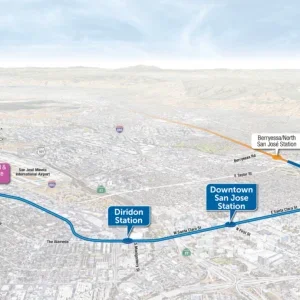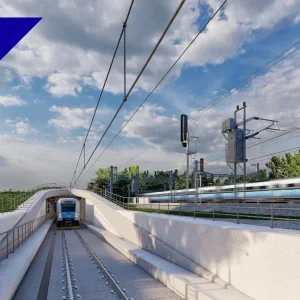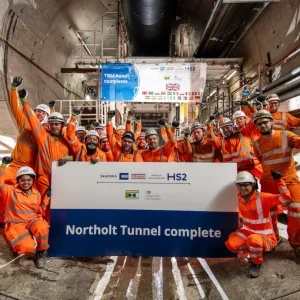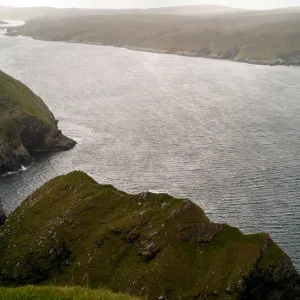Such an arrangement would deviate from the current funding model, in which a foreign loan, provided by the Japan International Cooperation Agency (JICA), is financing the construction of the first MRT line connecting Lebak Bulus in South Jakarta and the Hotel Indonesia traffic circle in Central Jakarta.
"The difference [between the first and second lines] will be in the financing arrangement. We don’t want to use a foreign loan to finance the east-west line. We aim to find private investors in a PPP arrangement with [city-owned MRT operator] PT MRT Jakarta at the helm," Deputy Governor Basuki "Ahok" Tjahaja Purnama said.
Studies on the second line are underway, the deputy continued, with the city administration and the central government teaming up to lead the process.
Ahok said the city aims to break ground on the second line sometime next year.
PT MRT Jakarta president director Dono Boestami said there are a number of private investors that have expressed interest in working with the company to build the second line.
"We are open to working together with any investors so long as the cooperation will benefit the city administration and that we get the lowest bid," he said.
The complete MRT Jakarta project will cover 110.8km and consist of two main lines: a north-south line (23.8km) and an east-west line (87km).
The north-south line will stretch from Lebak Bulus to Kampung Bandan, and be built in two stages. Phase I will connect Lebak Bulus to the Hotel Indonesia traffic circle, with over 15.7km of railway passing through 13 stations (seven elevated and six underground). Phase II will expand the north-south line from Hotel Indonesia to Kampung Bandan, with 8.1km of railway (seven underground stations and one ground-level station).







